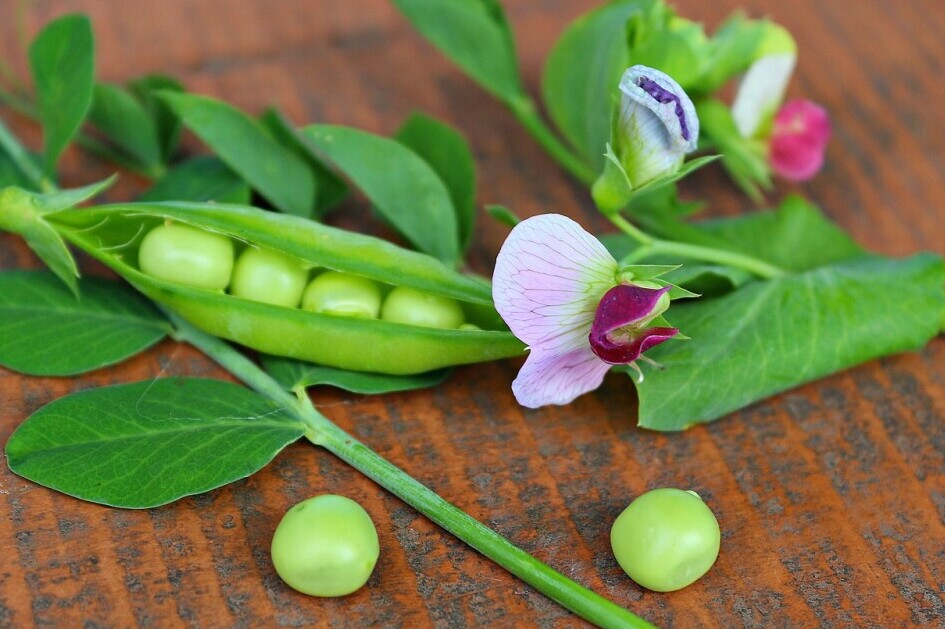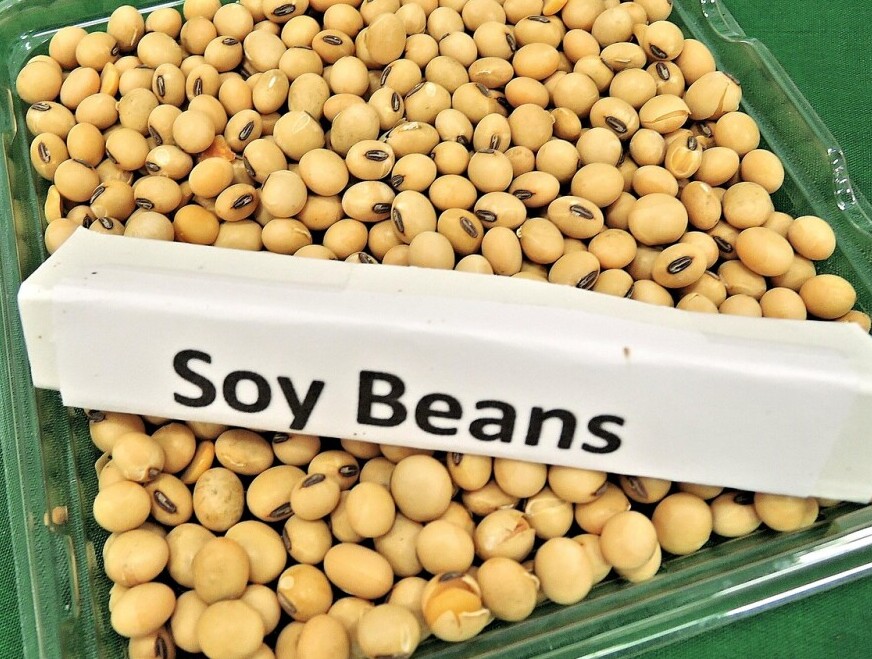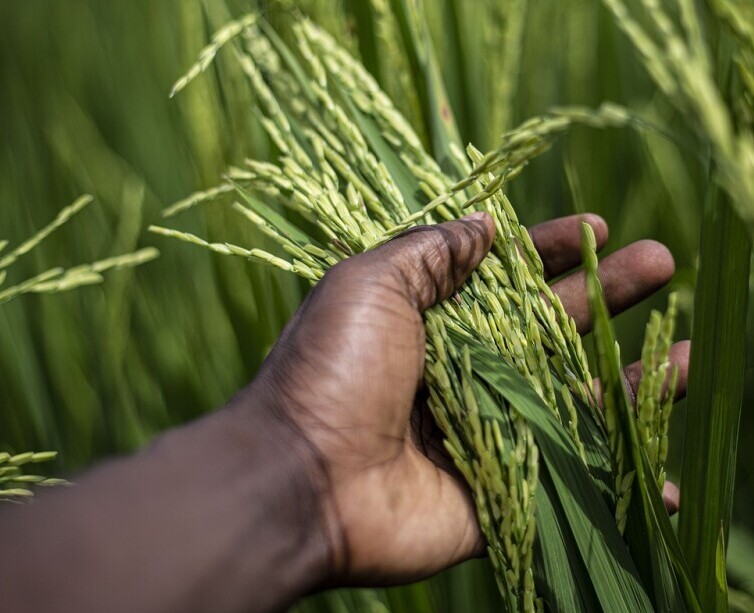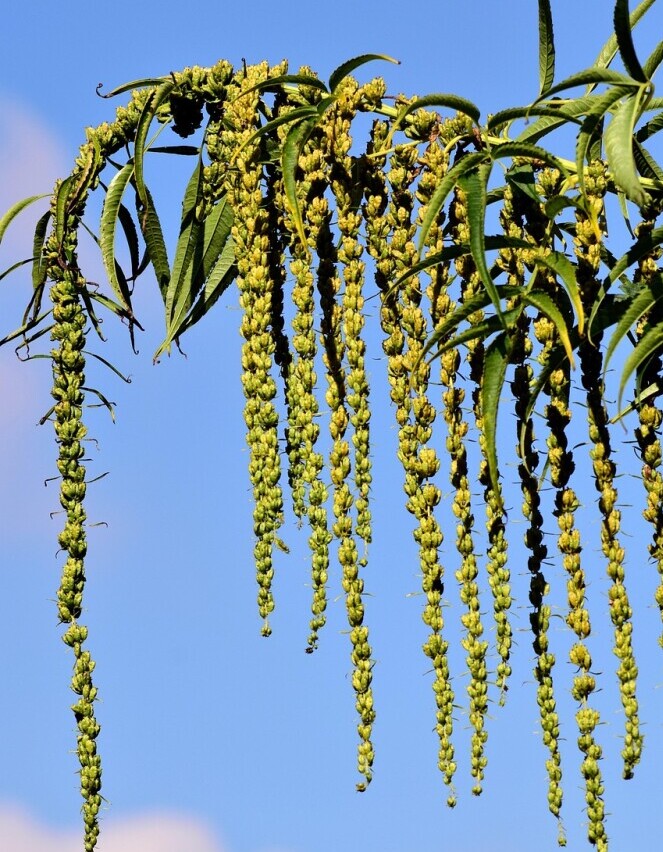Protein powder might seem like a recent trendy addition to the health world, but it’s been helping folks meet their fitness and nutrition goals for ages. At its core, protein powder is a concentrated source of dietary protein extracted from a variety of sources. It’s used for everything from muscle building and weight loss to simply mixing a more nutritious smoothie.
Whey protein stands as the king of all protein powders. Sourced from cow’s milk during cheese production, whey is known for its fast absorption rate, making it a popular choice for post-workout recovery. It contains all the essential amino acids your body needs and packs a punch in the nutrition department. While whey is great for muscle repair and growth, those with lactose intolerance might want to steer clear due to its dairy origins.
Now, picture casein protein as whey’s night owl cousin. Extracted from milk as well, casein digests more slowly, delivering a steady stream of amino acids. This makes it perfect for a pre-bedtime snack, helping your muscles recover and grow as you sleep. If you’re someone who likes a slow burn when it comes to protein absorption, casein is your go-to.
For anyone leaning towards more plant-based options, pea protein steals the show. Harvested often from yellow split peas, it’s a high-fiber, low-allergen option. It typically contains less methionine than animal proteins but makes up for it in its environmental friendliness and suitability for those avoiding dairy and soy. Plus, it’s got a pretty solid amino acid profile too.
Soy protein takes the spotlight for vegetarians and vegans alike. With a rich amino acid profile like animal-based proteins, soy is a protein powerhouse. However, it has its contentious side due to potential concerns about phytoestrogens found in soy, though the scientific jury is still deliberating over these effects.

Rice and hemp proteins round out the group as lesser-known gems in the plant protein lineup. While rice protein offers a hypoallergenic alternative with a robust amino acid profile (albeit lacking in lysine), hemp steps in with a notable omega-3 fatty acid content. So, whether you’re allergic to other proteins or just want something different, these options have got you covered.
Choosing the Right Protein Powder for Your Needs
Picking the right protein powder can feel like navigating a maze. With so many options, it’s key to focus on what matters most for you. Are you chasing after specific fitness goals, like building muscle or shedding pounds? Are you vegan or someone with dietary restrictions? These are the questions that steer you toward the best choice.
Understanding labels can be a game changer. All those complex words can be a bit of a puzzle, but learning to decode them opens up a world of informed choices. Keep an eye on serving sizes, grams of protein per scoop, and any extras like added sugars or artificial flavors. The fewer things added the better!
Ever heard someone claim that protein powder is just for bodybuilders or that too much will bulk you up overnight? Flat-out myths! Protein powders are tools for loads of goals and types. Knowing what’s fact and fiction helps you make smart choices that fit neatly into your lifestyle.
Getting the most out of your protein powder is all about when and how you use it. Some folks swear by a shake right after hitting the gym, while others prefer it mixed into their morning oatmeal or smoothies. Flexibility is your friend here; play around and find what fits your routine like a glove.
Nutritionists often stress that whole foods should always be your go-to, but they recognize the role of protein powders as a handy supplement. Balance and moderation win the day, and combining them with a well-rounded diet is where you’ll hit the sweet spot. At the end of the day, it’s about finding what works best for your body and lifestyle.

It’s great to see a breakdown of different types of protein powders! With so many options out there, it can be overwhelming to choose the right one.
I personally prefer plant-based protein for easier digestion, but I know whey is a favorite for muscle recovery. It’s interesting how each type serves a different purpose depending on dietary needs and fitness goals.
Do you think one type stands out as the most versatile, or does it really depend on individual preferences and health goals?
Hi, Marlinda. Choosing the right protein can be down-right maddening. And time consuming. And expensive. Here’s to hoping I can make it a little bit easier. Or I’ll try to. Of just one being more versatile than all the others, there really no clear winner. It really does come down to your own goals, preferences, your dietary restrictions. In the long run, these are what matter the most. Whey-it’s quickly absorbed and has all the amino acids and it’s great for muscle recovery as you know. Plant-based proteins are easier on digestion as you’ve found out or if you can’t take dairy or if your vegan or vegetarian. Collagen-it’s not a complete protein & needs to be mixed with another kind, but it’s great for skin, joint and tissue repair & health. Egg-it digests slower than whey which’ll keep you feeling full longer. Casein-it’s a dairy protein, digests slow which makes it good for night time muscle repair or an in-between snack shak3e And there’s blended protein that many companies put out now to give you a more complete profile. It’s really all about what you want your protein to do for you, how it tastes, how it digests, what you can and can’t tolerate…we’re all different. You have to figure out what you’d like the protein to do for you, with all that above in mind-(you’ve pretty much settled on plant-based proteins so you might just want to try adding in some collagen protein) and you know what bothers you and I think you’ve made a good choice for you. There is never any right or wrong way to make your protein shake. Just YOUR way. And that, with little added measures your can do on your own, should make you a great protein replenishing shake. (some of those added tweaks are in my reply to your ? in ‘Protein shakes for pregnancy and postpartum weight loss’. You can use them whenever you want to improve your shake. Hope that answer your ? and I wish you all my best. Firelava